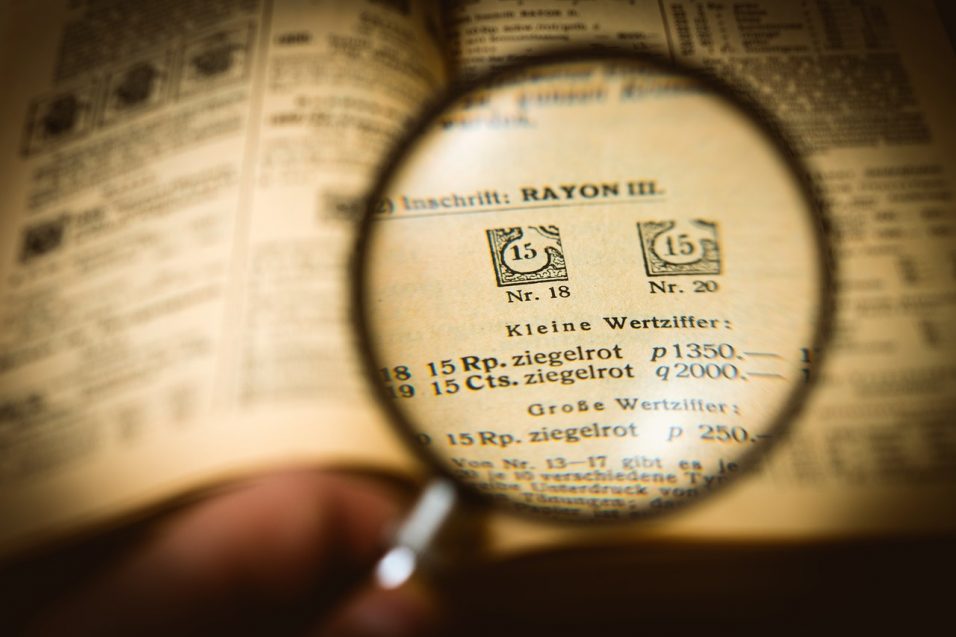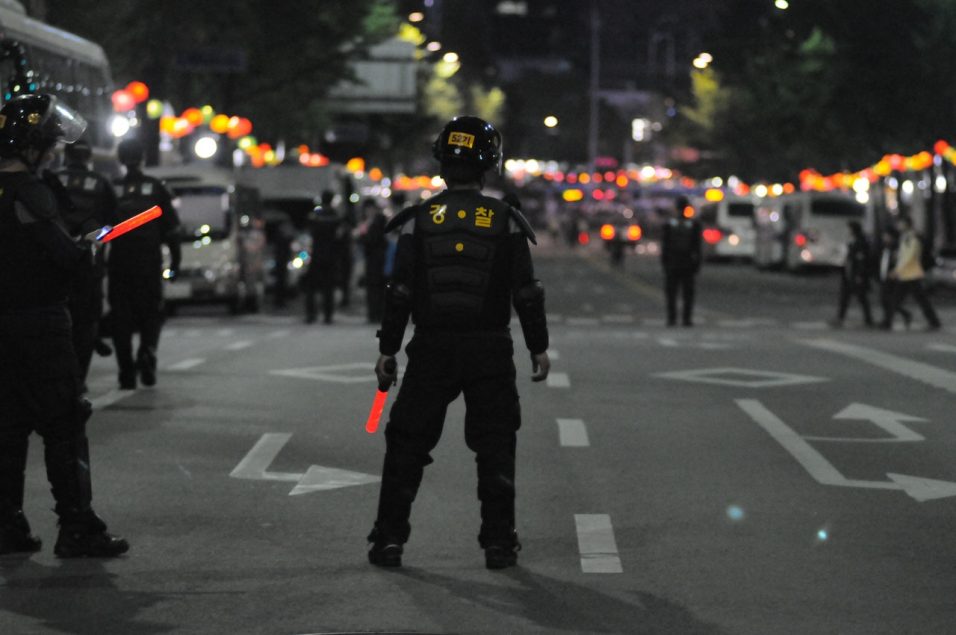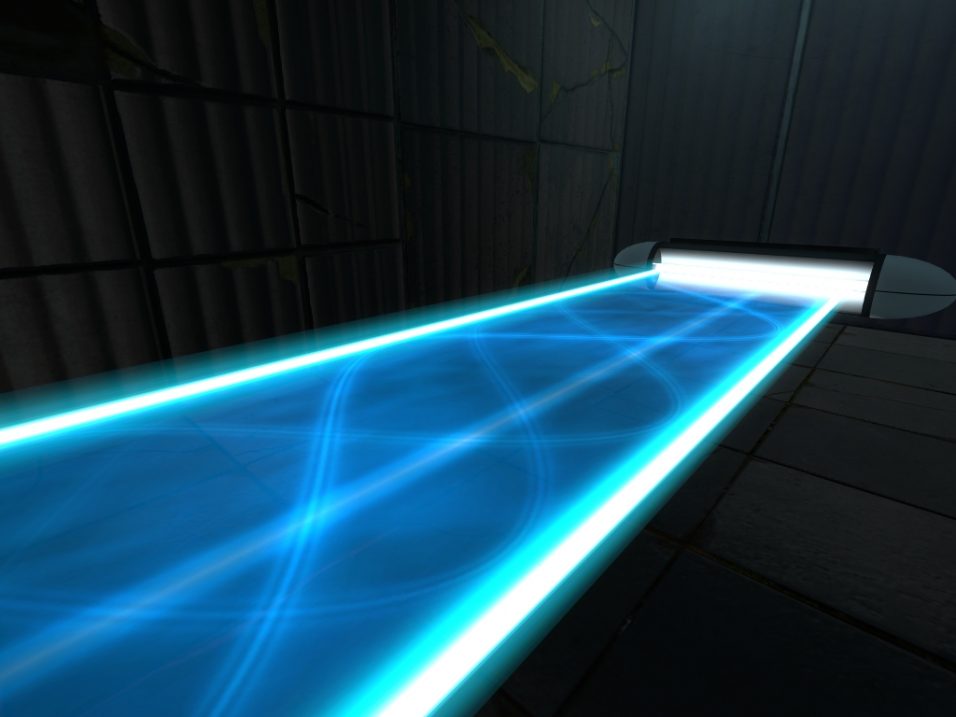Just because It’s Real Doesn’t Make it Good

Most writers pursue verisimilitude, that magic effect that sparks suspension of disbelief and gets your reader on board with the lies you’re slinging. Sometimes it’s effortless, sometimes it requires a lot of heavy lifting, but once you achieve it you can take your story—and your reader—just about anywhere.
One major mistake writers make is assuming—wrongly—that if aspects of your story really happened you don’t have to work too hard on getting your readers’ buy-in. The logic is simple: No matter how insane a story or detail is, if it actually happened (whether in your direct experience and discovered through old-fashioned research) then it will be believable.
The fact is, things that actually happened are often the hardest aspects of your story to sell a reader.
The Enemy of the Good
This usually has nothing to do with the craziness of the concept. After all, readers are often perfectly willing to accept dragons, genius criminal investigators, and other fantastic literary ingredients without fuss. The problem is the unfounded confidence that a real story gives you, the writer.
Trying to sell the reader on a magical or otherwise fantastic idea? You subconsciously put in the work. You make sure you’ve got the rules worked out. You depict it carefully on the page so the reader buys in. You think through the ripple effects and details, the unintended consequences and the cheats. By the time your reader encounters it on the page, it’s fully-fleshed and able to withstand a good tire-kicking.
With real events, there’s a tendency to be lazy. After all, it really happened, so you don’t have to work so hard. The problem is, your reader doesn’t necessary know it really happened, and you’re (probably) not going to provide them with a link to a reliable source proving that it did. What you end up with is something incredible that feels fictional to the reader, and if you haven’t done the support work to sell it, they won’t buy it.
For example, I once drank sixteen Tequila Fanny Bangers and lived. No, really.









